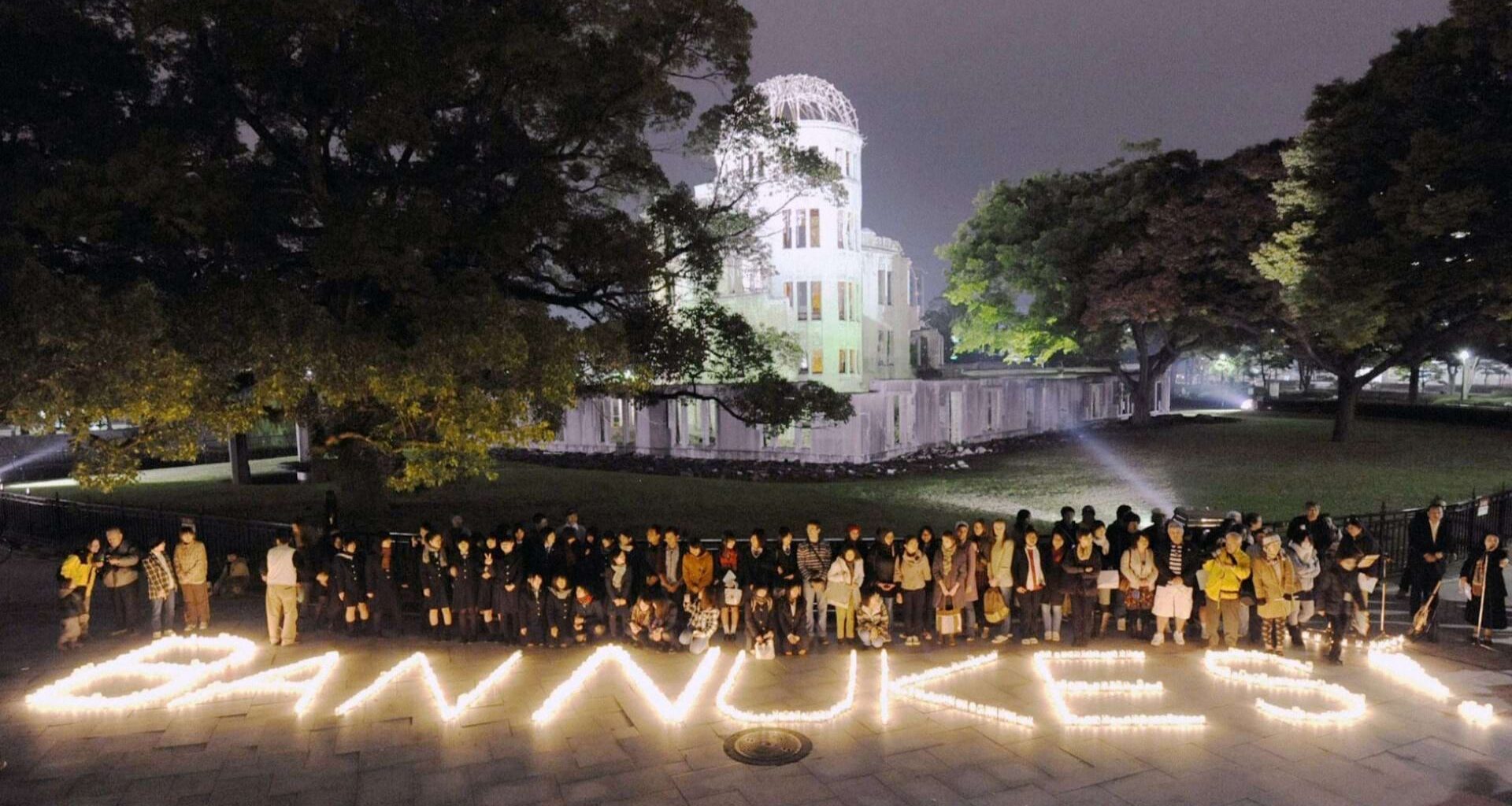When the Nobel Prize Committee awarded a network of World War II-era nuclear bomb survivors the 2024 Peace Prize last year, the committee chair emphasized these activists’ role in promoting and strengthening the “nuclear taboo,” or the moral view that nuclear weapons should never be used again. The committee also expressed concerns that the taboo may be weakening, with increased nuclear brinksmanship, nuclear threats and new nuclear weapons development on display globally.
Recent events would surely confirm these fears. Last week, as the anniversary of the dropping of the atomic bombs on Hiroshima and Nagasaki was being commemorated, Russia formally withdrew from the Intermediate Nuclear Forces Treaty and reiterated a spate of nuclear threats against Ukraine. In response, U.S. President Donald Trump announced the movement of two nuclear submarines closer to Russian territory. This kind of brinksmanship, even if largely symbolic, coincides with the expansion of nuclear arsenals by China and other nuclear powers, while some non-nuclear-weapons states have begun audibly debating whether they should acquire their own nuclear weapons. No wonder my fellow WPR columnistPaul Poast fears the nuclear taboo “can’t be taken for granted.”
Still, by some indicators, the norm against nuclear useis stronger than it seems, even if norms against nuclear possession may be weakening. One way to understand the nuclear taboo’s enduring strength is to listen to those individuals who would be tasked with carrying out a nuclear strike were one ordered: members of the U.S. military. These individuals might seem to be a hard sell when it comes to nuclear restraint. After all, research shows that the military leans more hawkish than the general public.
